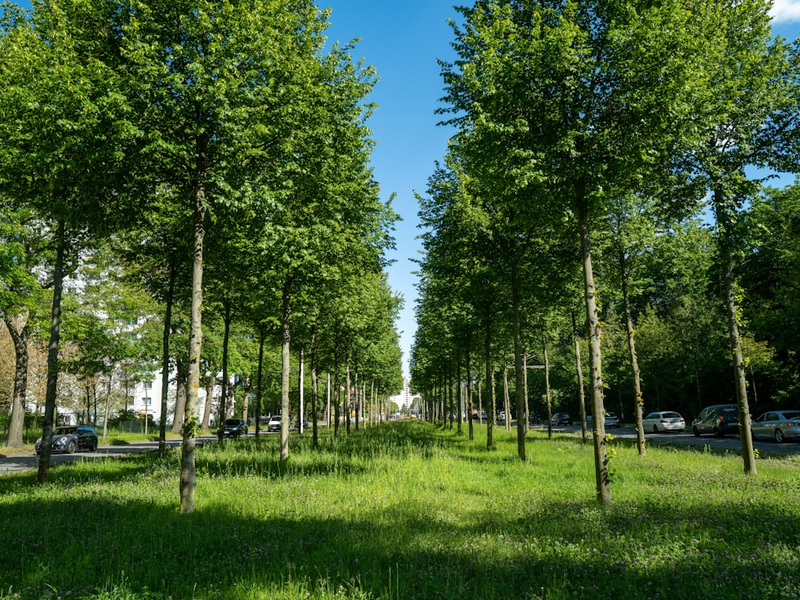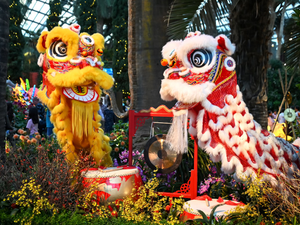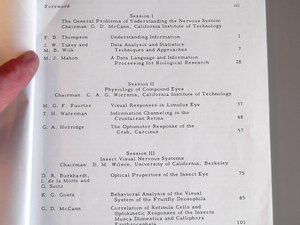How West Oakland is Fighting Urban Heat with Community-Grown Trees

Photo by Dominik Ferl on Unsplash
In the heart of West Oakland, a groundbreaking tree-planting initiative is transforming an industrial landscape into a greener, more breathable community. Local organizations have secured $800,000 to plant 1,500 trees, challenging decades of environmental inequality that left this neighborhood with minimal green cover.
Historically redlined and surrounded by freeways and industrial zones, West Oakland has suffered from significant tree scarcity. Census data reveals some urban tracts here have as little as 1.3% tree canopy coverage, compared to nearly 46% in Oakland’s hillside neighborhoods. This stark disparity isn’t just aesthetic, it directly impacts residents’ health and quality of life.
The current tree-planting program isn’t just about adding greenery; it’s a holistic approach to community care. Residents can request trees through an online form, with about 200 participants already engaged. These trees aren’t just decorative, they’ll help cool sidewalks, filter air pollutants, and potentially reduce neighborhood crime rates while boosting mental health.
Community organizations like West Oakland Environmental Indicators Project are leading the charge, understanding that sustainable urban transformation requires more than just planting trees. They’re developing innovative stewardship models, including potential endowments to support long-term tree maintenance and training local volunteers in tree care.
Funding from the California Air Resources Board and the Biden-era Inflation Reduction Act has made this ambitious project possible. By prioritizing community input and engagement, West Oakland is rewriting its environmental narrative, one tree at a time.
As Meet Panchal from the project noted, “It’s not every day that you see this kind of investment brought to this community. It’s exciting”. And exciting it truly is, a grassroots effort to reclaim urban space, combat climate inequity, and nurture a greener future.
AUTHOR: cgp
SOURCE: San Francisco Public Press
























































